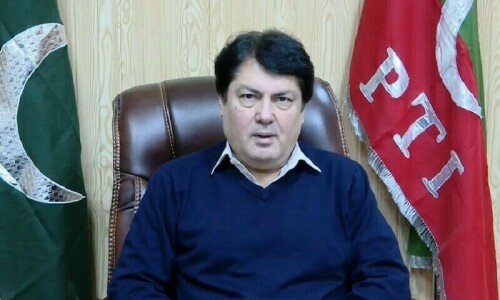DUBAI: Kuwait’s opposition held its ground in the country’s third parliamentary election in 2-1/2 years but a significant number of neutral lawmakers could now tilt the balance of power towards the government, opening an opportunity to launch fiscal reforms.
Feuding between the Opec member state’s appointed government and its elected parliament has hampered fiscal reform for years, including passing a debt law that would allow Kuwait to tap international markets and address a heavy reliance on oil.
Official results, published by state news agency KUNA on Wednesday, showed 12 new members have joined the 50-seat National Assembly following on Tuesday’s vote.
One woman was elected, down from two in the previous parliament, KUNA said. The Shia bloc got seven seats, two less than last year, and the Islamic Constitutional Movement, the Kuwaiti branch of the Muslim Brotherhood, kept their three seats.
Up to 15 other members will be appointed by Kuwait’s ruling emir to form a cabinet.
Dania Thafer, executive director of Gulf International Forum, said the new lawmakers have the potential to swing votes on certain issues.
Kuwait bans political parties, and candidates run for election as individuals despite their political affiliations. Its legislature has more influence than similar bodies in other Gulf monarchies, including the power to pass and block laws, question ministers and submit no-confidence motions.
Published in Dawn, June 8th, 2023














































Dear visitor, the comments section is undergoing an overhaul and will return soon.